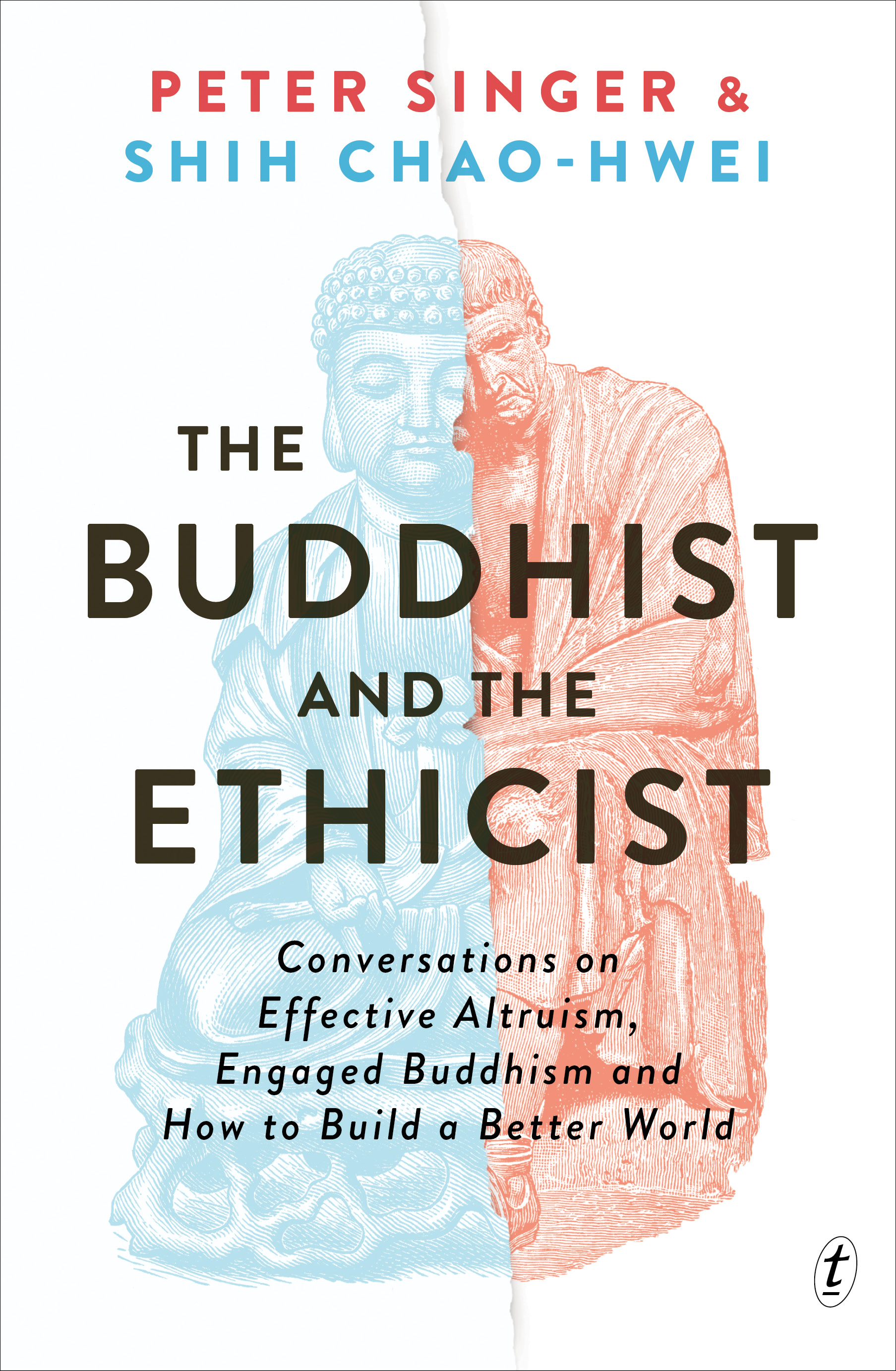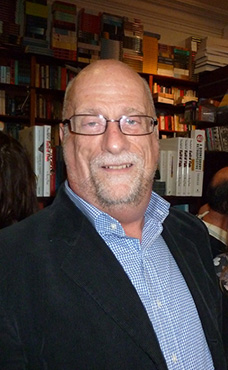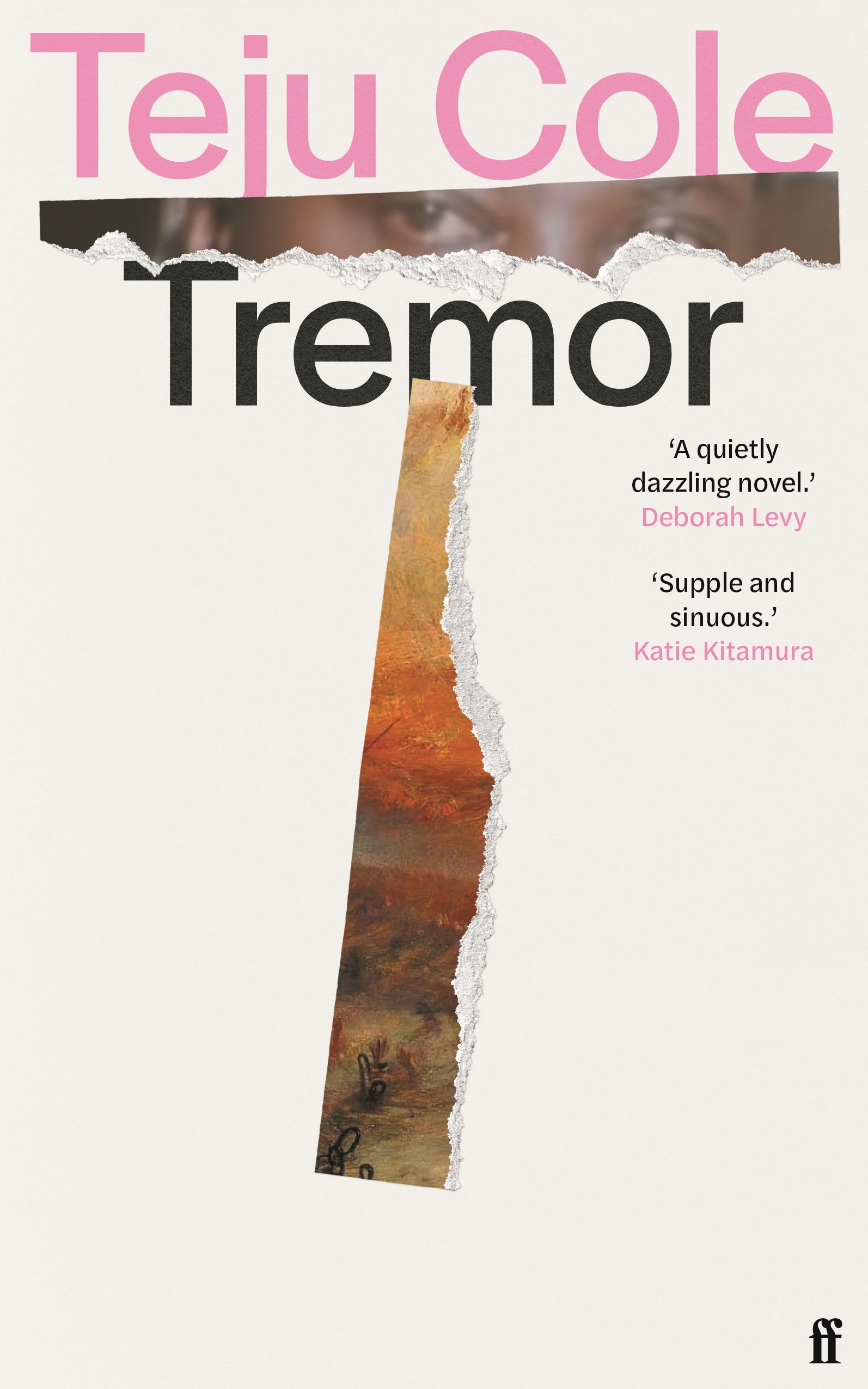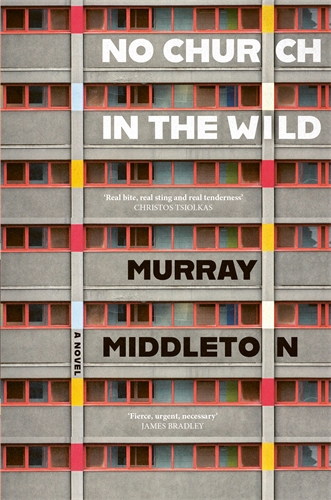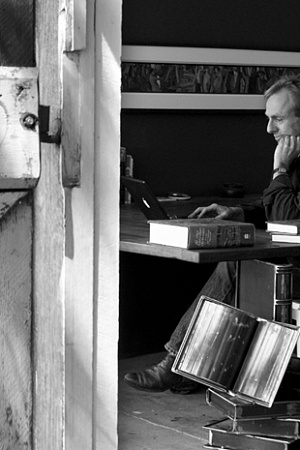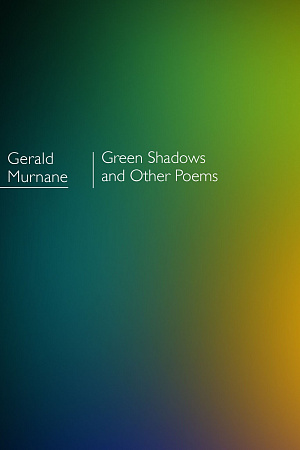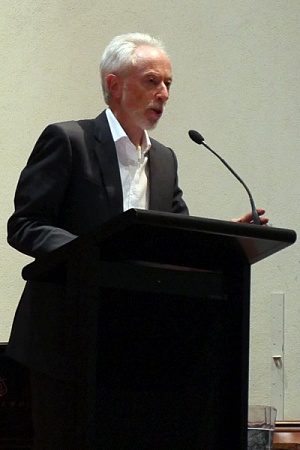'The scientist of his own experience: A Profile of Gerald Murnane' by Shannon Burns
The town of Goroke (population six hundred) stands almost exactly between Melbourne and Adelaide, in the Wimmera region of Victoria. It is, in many ways, a typical small country town. If you drive there in the morning during late spring or early summer, you’ll need to slow the car to avoid kangaroos on the road. Magpies are everywhere. Horses and other livestock mope and sway in front and backyard paddocks just off the main street. Everyone knows everyone, and newcomers to the town, often short of money and used to hardship, either find their niche or move on.
It was formerly a thriving centre for local selectors, surrounded by sheep and cattle farms, but the town, like so many in the region, has slowed to a standstill. The main street is dominated by ramshackle buildings that were once stores; the bank is open just one morning each week; the IGA is barely hanging on; nearby farms have been vacated; and fewer shearers patronise the local hotel. This was closed for a few months early last year – a disaster for any small town – until a local nurse, Brenda, was retrenched from the medical centre down the road and took up the lease.
Goroke is an unusual place for a much-admired Australian writer to live, especially one who is regularly nominated for the Nobel Prize in Literature. (An edition of the prestigious journal, ARTES, published by the Swedish Academy, was devoted to him in 2002.) As Gerald Murnane’s long-time friend David Walton said to me, ‘Nobody moves to Goroke as a result of a stroke of good fortune.’
Continue reading for only $10 per month. Subscribe and gain full access to Australian Book Review. Already a subscriber? Sign in. If you need assistance, feel free to contact us.

